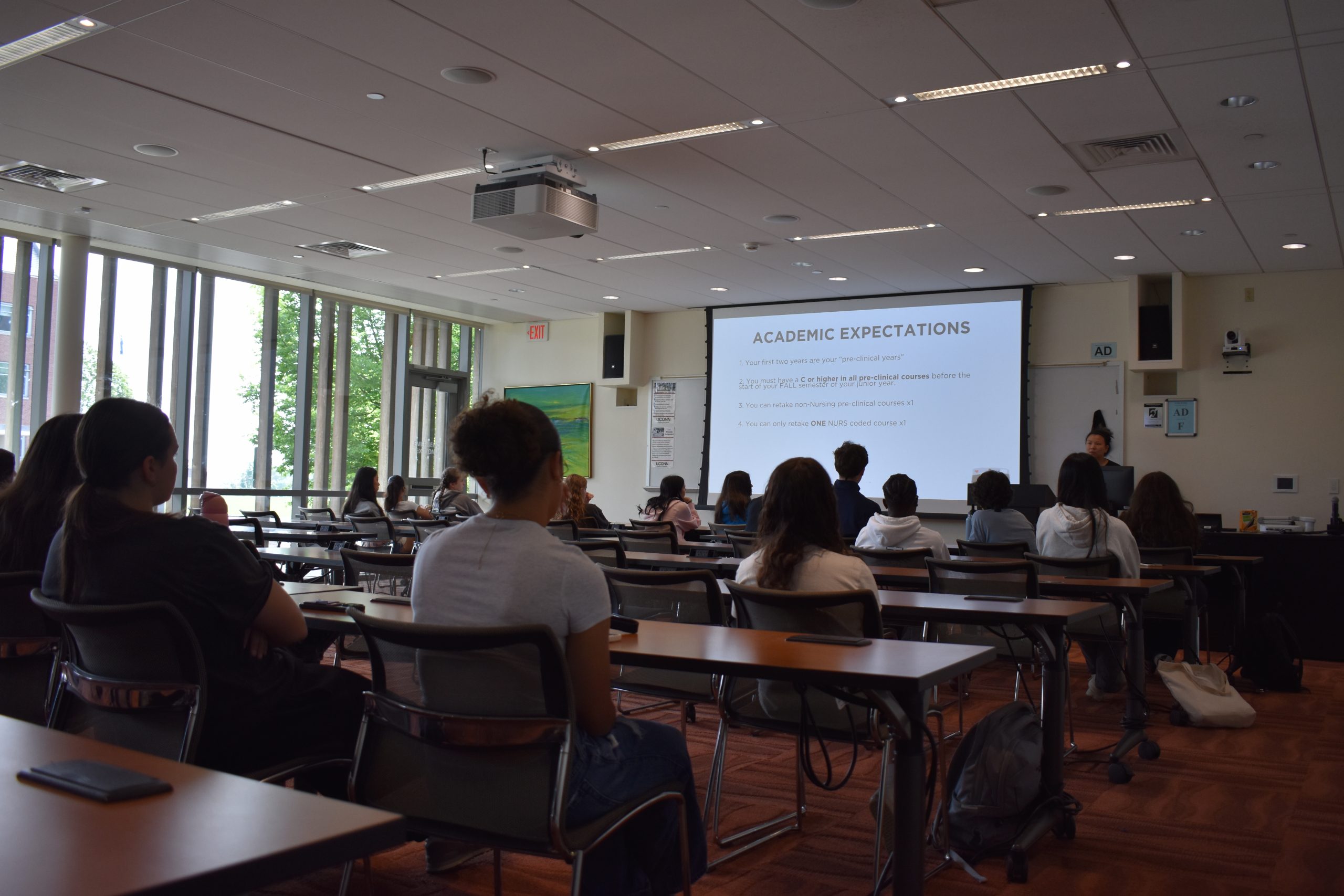Student Health Services director Michael Kurland sent an update Thursday to the UConn community on the H1N1 “swine flu” that is affecting colleges and universities across the nation.
“To date, the state Department of Public Health has confirmed about 2,000 cases of H1N1 throughout Connecticut,” wrote Kurland. “Though there is currently a single confirmed case of a UConn student having the virus, we naturally expect there to be more cases of H1N1 as the semester progresses.”
Routine testing for the H1N1 virus among patients with influenza-like illness is not recommended by the state health department, and case counts will not be kept, however, UConn will continue to monitor cases involving influenza-like illness.
Kurland stressed that the best way to avoid the flu is to continue to take the proper precautions, including receiving a flu shot, washing your hands thoroughly and frequently, and practicing good respiratory etiquette.
A full list of recommendations can be found on UConn’s dedicated H1N1 webpage. The website includes a list of Frequently Asked Questions that students, faculty and staff can reference. These will be updated regularly.
Health Services has said that faculty or staff exhibiting flu symptoms should stay home from work and contact their healthcare provider. Students who are ill should stay home from class and contact Student Health Services at (860) 486-3427 or their healthcare provider. The University asks that any ill students avoid contact with others and, if possible, make arrangements to return to their family home until they are well again if it is within a reasonable distance.
“The University and our pandemic flu committee have comprehensive plans in place and we will continue to carefully monitor the situation,” wrote Kurland. “We are also working closely with the state health department and, should it become necessary, the University will announce any additional steps we may take to help prevent the spread of the virus.”


